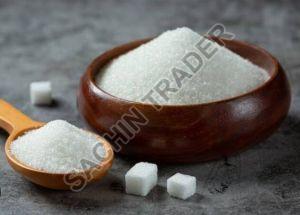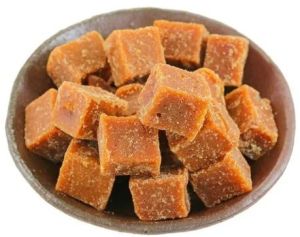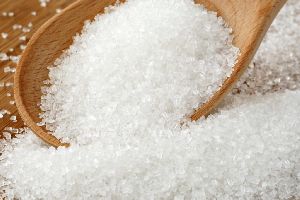
White Sugar
Get Price Quote
50 Ton (MOQ)

White Sugar
45 - 55 Per Kilogram
5 Ton (MOQ)
White sugar is a crystalline sucrose and a rich source of carbohydrates, which provides instant energy. It is widely used in many food items and beverages to add sweetness to them. Adding white sugar to dishes enhances their taste and makes them more tempting. It is a common ingredient found in Indian dishes. We at Sachin Trader have good experience in meeting the requirements of our customers appropriately. We aim to establish ourselves as the leading white sugar supplier in Maharashtra. We ensure the delivery of top-quality white sugar, which is in demand among consumers. Our white sugar is sourced from certified manufacturers who apply the best methods to process the product. Our white sugar is known for its superior quality, purity, and good packaging. We accept bulk orders and can meet the urgent demands of our customers. You can buy white sugar from us at a market-leading price.
Best Deals from Sugar

Jaggery Powder
65 Per Kilogram
50 Kilogram (MOQ)

Pure Jaggery Cubes
Get Price Quote
10 Metric Ton (MOQ)
Jaggery cubes offer a convenient and healthy alternative to refined sugar. Made from concentrated cane juice, these bite-sized cubes are rich in essential minerals like iron, potassium, and magnesium, as well as antioxidants. With their natural, caramel-like flavor, they’re perfect for sweetening drinks, desserts, and even savory dishes. In addition to their culinary uses, jaggery cubes are valued for their medicinal properties, such as aiding digestion and boosting energy. A key ingredient in Ayurvedic cooking, jaggery is believed to help balance the body's doshas. Easy to use and mess-free, jaggery cubes dissolve quickly, making them a great addition to any kitchen. Enjoy the natural sweetness and health benefits of this wholesome treat!

Jaggery Powder
Get Price Quote
5 Metric Ton (MOQ)

Pure Jaggery Cubes
40 - 50 Per Kilogram
10 Ton (MOQ)

Jaggery Powder
40 - 100 Per Kilogram
18 Ton (MOQ)

Jaggery Powder
60 - 120 Per Kilogram
100 Kilogram (MOQ)

White Sugar
Get Price Quote

Organic Jaggery
100 Per 900 900 Gram
Our jaggery is certified as organic jaggery as per organic jaggery standard. This jaggery rich in vitamin c which keeps us healthy. Its taste is very sweet not salty. Our jaggery is kolhapuri jaggery

Organic Jaggery
60 Per Kilogram
1 Ton (MOQ)

Jaggery
35 - 36 Per Kilogram
1000 Kilogram (MOQ)

RAW BROWN SUGAR
35 - 50 Per Kilogram

Raw Brown Sugar
Get Price Quote
Chemical Free Jaggery Powder, Chemical Free Jaggery, Cane Syrup

Indian Sugar
Get Price Quote
Hailing from Kolhapur(India), we are catering to the nationwide requirement with our superior products. We work with an aim of fulfilling variegated requirements of the clients. And, for this, we have developed a large facility wherein we keep our products.

Icing Sugar
Get Price Quote
We supply Icing Sugar, which has low cholesterol levels can be availed in the desired quantity. Engaged in the trade of supplying the excellent product range, we are efficiently operating from Kolhapur(India). Rest assured for the safety of the products as we have the best facilities at our end. In addition, we have appointed a responsible staff to keep a vigil eye over the same.

Jaggery
35 - 40 Per Kilogram

Brown Sugar
34 Per Kilogram

Jaggery Powder
75 Per Kilogram
It is Kolhapuri made Organic Jaggery Powder.

Organic Jaggery
Get Price Quote